fakenews
Latest

Facebook ends experiment debunking fake news with comments
It's increasingly clear that some of Facebook's methods for downplaying fake news are more effective than others. The social site has ended an experiment where it tried prioritizing comments that accused stories of being fake, theoretically challenging fake news and other sketchy articles. A Facebook spokesperson talking to the BBC didn't explain the exact reasons behind discontinuing the trial (it's described as a "small test which has now concluded"). However, some of the publicly available examples suggest that it was just too indiscriminate.
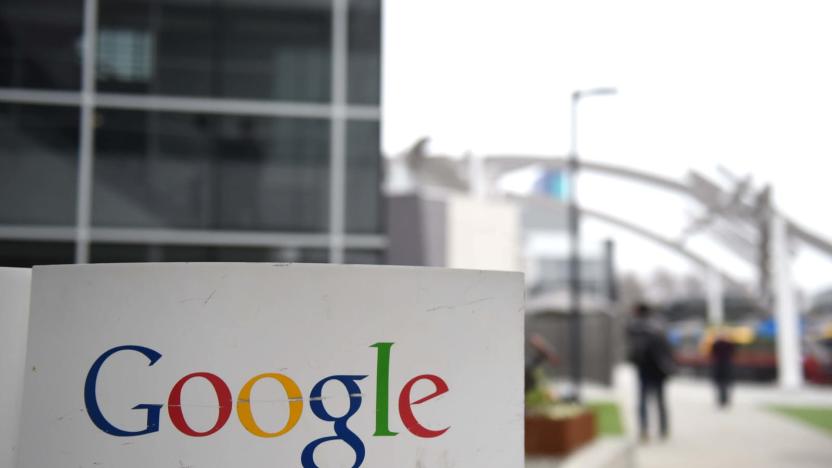
Google showed misinformation about Texas shooter in search results
In the wake of a national tragedy, Google's search results were once again peppered with misinformation and conspiracy theories. Searching for the Sutherland Springs, Texas shooter by name last night as the news came out, you'd see tweets from Info Wars editor at large Paul Joseph Watson and far-right Twitter account Stock Monster USA, Gizmodo reports. The Stock Monster tweet that was surfaced read "Sutherland Springs, Texas Killer Devin Patrick Kelley is being said to be a Radical Alt-Left Antifa member. - Lots of Facebook posts" with images of the shooter and a rifle attached, but without links to any sources.

Facebook pressured to notify users exposed to Russian propaganda
Facebook is facing pressure from lawmakers, tech analysts and even ordinary users to tell people if they were served Russian-linked propaganda during the 2016 US election period. According to Reuters, Democratic Senator Jack Reed asked during the Senate Intelligence Committee hearing the social network attended: "Do you feel an obligation... to notify those people who have accessed [those deceptive foreign government posts]? And can you do that? And shouldn't you do that?" Time Well Spent, an organization critical of ad-supported social media, also pointed out that users who saw those posts might not believe they were manipulated unless Facebook itself tells them.
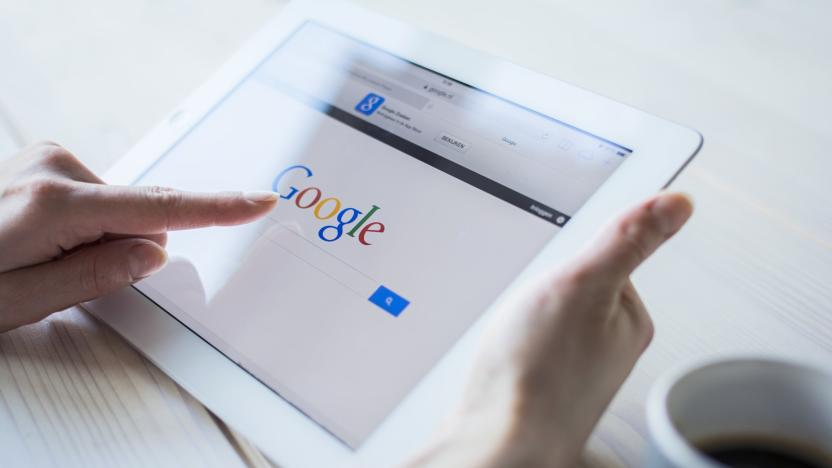
Google partners with fact-checking network to fight fake news
Google is taking its battle against misleading information to the real world. The company has partnered with the International Fact-Checking Network, a nonpartisan organization run by The Poynter Institute that advocates across the globe for accuracy in online articles. The IFCN holds an annual fact-checking conference, funds fellowships and provides training for would-be fake-news detectives, plus it's the author behind a widely accepted code of principles for media organizations.

UK officials want to know if Russia meddled in the Brexit vote
UK officials are wondering if Russia tampered with its Brexit referendum and they've now officially asked Mark Zuckerberg to look into whether Facebook possibly played a role, The Guardian reports. Damian Collins, the UK's chair of digital, culture, media and sport committee sent Zuckerberg a letter saying that the committee was investigating fake news and wanted Facebook to provide them with any information it had on politically-divisive advertisements purchased by Russian actors.
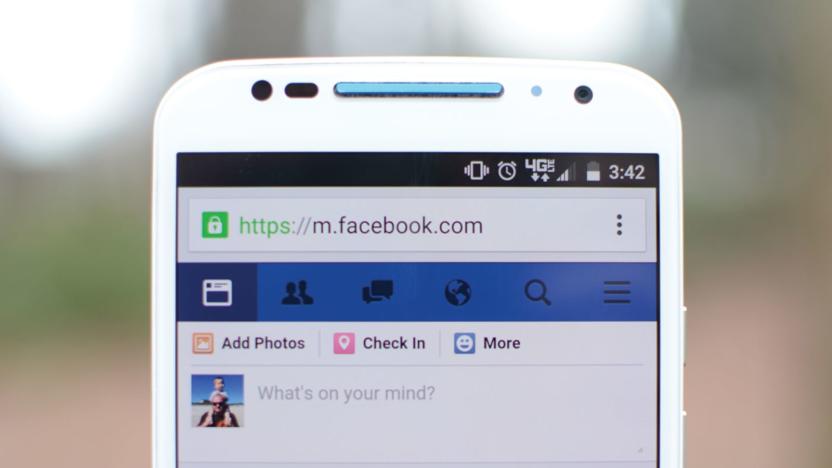
Facebook tests split News Feed that keeps friends front and center
Facebook is currently testing a new dual-feed setup that separates Page-generated posts from ads and posts from friends, The Guardian reports. The trial is currently underway in six countries -- Bolivia, Guatemala, Cambodia, Slovakia, Serbia and Sri Lanka.
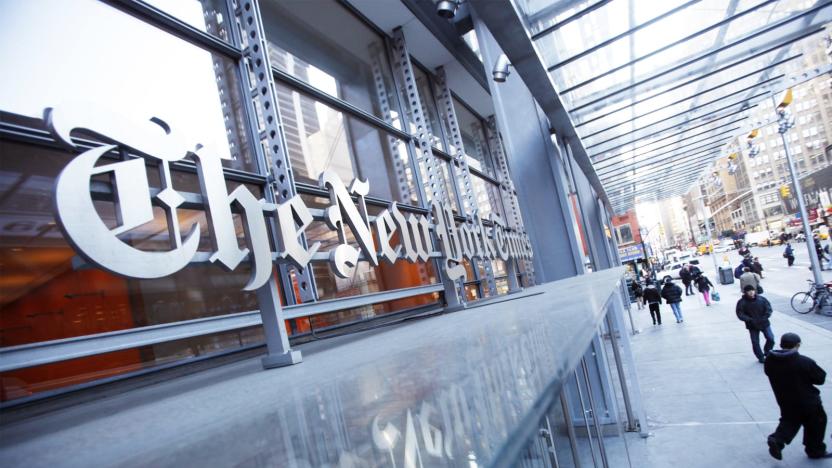
Does social media threaten the illusion of news neutrality?
For journalists, social media can be a double-edged sword. On the one hand, they can use platforms like Facebook and Twitter to share their opinion on a wide range of matters, from sports to politics. But at the same time, they have to remember to exercise caution, because whatever they say can be taken out of context and have major implications on the publications they work for. If a reader who follows your tweets or Facebook posts doesn't agree with you, that can motivate them to claim your entire newsroom is biased.
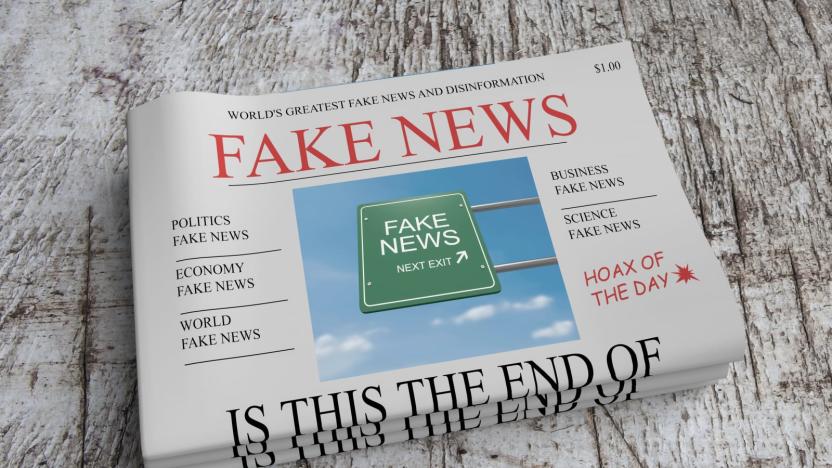
51 percent of tech experts say fake news can't be fixed
With content peddlers Facebook and Google still struggling to combat fake news, especially during crises like the Las Vegas shooting, the proliferation of such false content might seem like an unstoppable flow. If that's your opinion, you're in the (slight) majority. A Pew survey of over 1,100 "tech experts" and scholars found that 51 percent believed the fake news problem will continue to get worse in the next decade.
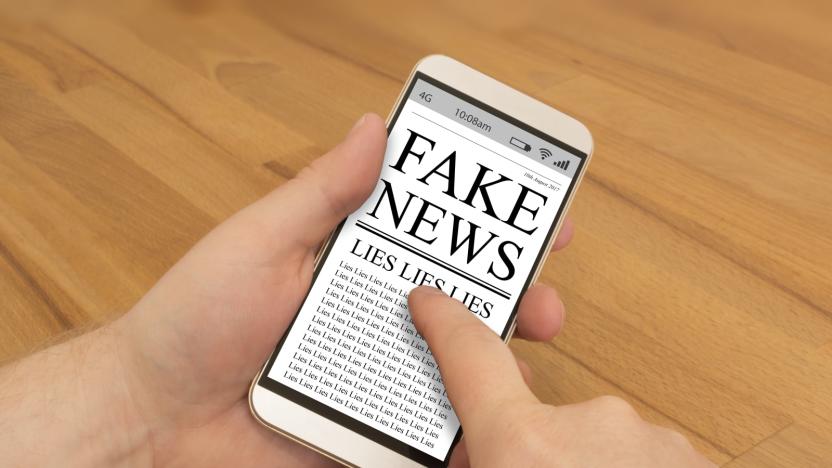
Google reportedly serves fake ads to fact-checking sites
It's not just Facebook that has a fake news advertising problem. Google also found evidence of Russian influence in the most recent US presidential election, and reportedly set up anti-Muslim ads (which it subsequently shut down). Now, according to a report in The New York Times, fake ads that look like news are appearing on sites that actively try to counter fake news, including Politifact and Snopes.
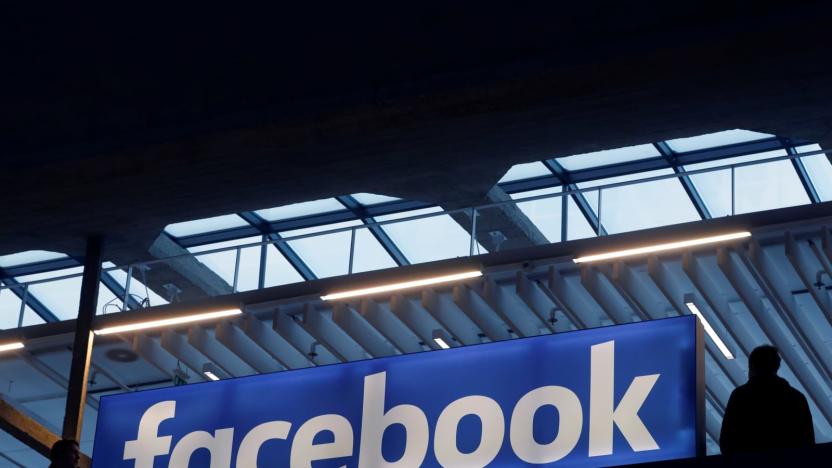
Facebook trying to find employees with national security clearance
Facebook's next attempt at clearing its name from any future political entanglements is apparently hiring people with national security clearances, according to Bloomberg. "Facebook plans to use these people -- and their ability to receive government information about potential threats -- in the company's attempt to search more proactively for questionable social media," the publication's source says. It makes sense, and given the role the social network played in he 2016 election, is a smart move.

Recommended Reading: 'Lore' makes the leap from podcast to TV
'Lore' Proves Podcasts Can Inspire Disturbingly Effective TV Bryan Bishop, The Verge A year after Amazon greenlit the television adaption of the popular podcast, Lore debuted this week. The Verge reviews the series as it makes the jump from audio to visual, exploring whether or not the storytelling medium can be the basis for good television. Meanwhile, we're still waiting on that Serial TV show.

Dow Jones reported a fake story about Google buying Apple
As 9to5Mac reports, the Dow Jones newswires had a bit of a shakeup this morning after a "technical error" led to the announcement of some rather ridiculous fake news. Dow Jones reported that Google would be buying Apple for a mere $9 billion -- which would be quite a steal if true -- and that the deal was struck between Alphabet CEO Larry Page and the late Steve Jobs. The report went on to say that Google employees would be moving into Apple's "fancy headquarters" and that Google employees said, "Yay."

Facebook aims to balance its fact-checking with a right-wing magazine
Facebook made much ado about bringing on third-party fact-checkers to curb fake news. However, it has faced accusations that the fact-checkers themselves are biased -- allegedly, too many of them skew to the left. And it appears that Facebook wants to alter this perception. Quartz sources claim that Facebook has signed on conservative magazine Weekly Standard as one of its fact-checking partners. Reportedly, this is a bid to "appease all sides" by picking a publication that combines a right-wing bent with an attention to accuracy.
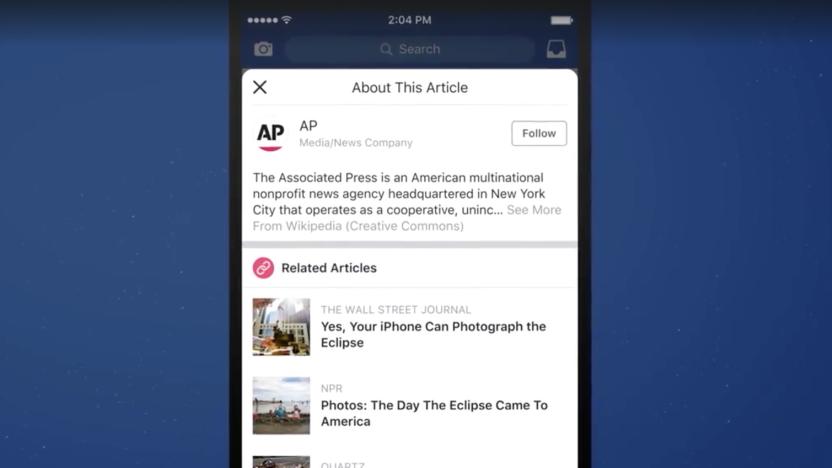
Facebook tests a feature that provides info on article publishers
Facebook is still working out how to reduce the reach of fake news and misinformation on its site and today, it starts testing a new feature that sounds like it might be pretty useful. When an article link is shared in someone's News Feed, there will now be a small "i" button that will bring up additional information about the publisher and article when clicked. It will include information from the publisher's Wikipedia page, a link to follow its Facebook Page, Trending and Related articles about the same topic and a graphic on where and how the article is being shared across Facebook. When any of that information isn't available, Facebook will say that explicitly. That in itself is pretty useful. For example, if there's no Wikipedia page for the publisher of the piece, it could mean it's not a reputable outlet.

After Las Vegas shooting, Facebook and Google get the news wrong again
The worst mass shooting in modern US history took place last night in Las Vegas, where a gunman killed at least 58 people and injured more than 515 others, according to the latest reports. Not long after the unfortunate event, Facebook and Google began populating news stories on their respective platforms, as they often do. And, in what's become a problematic trend, some of the articles being highlighted and distributed to millions of people were from unreliable sources. This time, among them were a trolling thread on internet forum board 4chan and a completely false story from a far-right conspiracy website.

Mark Zuckerberg explains post-election comments he now 'regrets'
Last November, Mark Zuckerberg said, "Personally, I think the idea that fake news on Facebook, of which it's a very small amount of the content, influenced the election in any way is a pretty crazy idea." Nearly a year later, and after evidence has been produced showing various Russian campaigns attempting to mislead voters last year, revelations that President Obama warned Zuckerberg about the issue and news that Facebook axed 'tens of thousands of accounts' ahead of the German election, he's changed his tune.
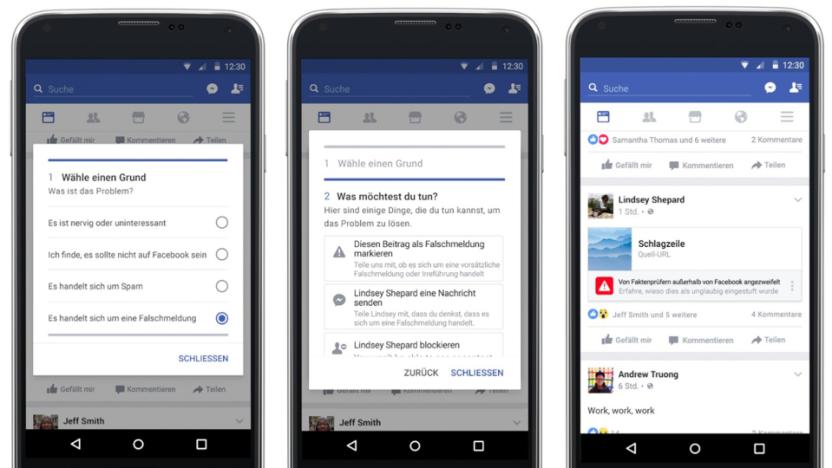
Facebook axed 'tens of thousands' of accounts before German election
Facebook released a recap today about the efforts it made to minimize the spread of fake news during Germany's recent election. Facebook VP Richard Allan said in the announcement, "These actions did not eliminate misinformation entirely in this election – but they did make it harder to spread, and less likely to appear in people's News Feeds. Studies concluded that the level of false news was low. We learned a lot, and will continue to apply those lessons in other forthcoming elections."
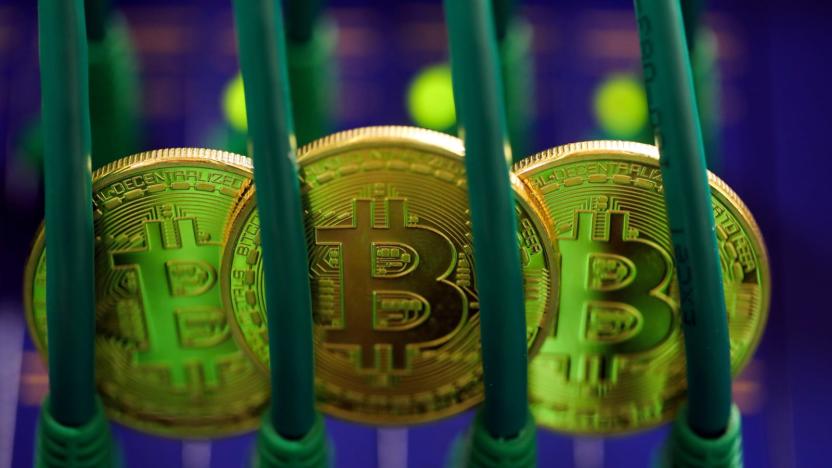
SEC is getting serious about bitcoin fraud and fake news
The US' Securities and Exchange Commission has to deal with a lot more than classic financial crimes these days: it has to worry about everything from insider trading hacks to the integrity of the latest digital currencies. To that end, it's creating a Cyber Unit that will focus its enforcement team on digital offenses. These include hacks, such as attempts to obtain insider info or to compromise trading platforms and accounts, but that's really just the tip of the iceberg.
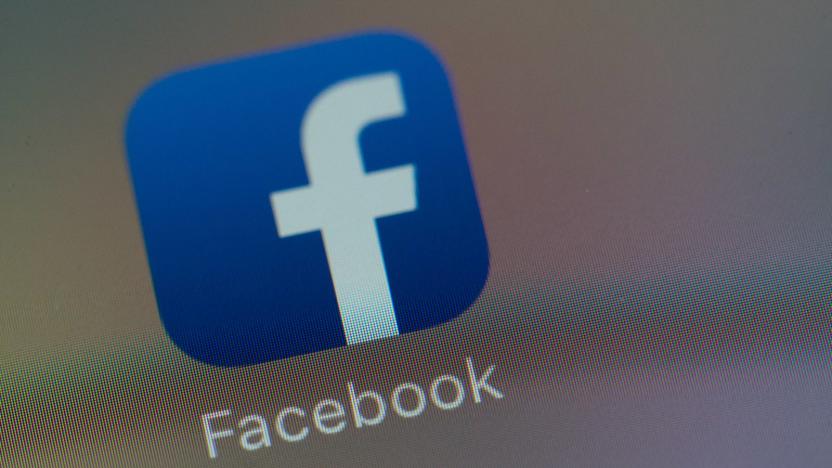
Facebook may still not know full extent of Russian ad buys
It's been just over a week since Facebook admitted to discovering that it sold $100,000 in ads to hundreds of fake pages and accounts that were both related to each other and apparently run from Russia. Both Democratic and Republican senators are looking for some sort of public hearing on the matter. Now, according to a report by CNN Money, sources familiar with the matter say that Facebook still doesn't know the full extent of the possible fake news ring and that there still may be more ads on Facebook to this day.

Russia used Facebook to organize anti-immigrant rallies
Facebook is in hot water with US lawmakers. The web giant's reluctance to stamp out Russia's propaganda farms on its social network did not go down well with Congressional investigators. It finally acted last month, taking down thousands of ads linked to an infamous, pro-Putin internet agency. The shady organization, known for running misinformation campaigns, must've felt at home on the platform. After all, Facebook is still grappling with its fake news conundrum. But, the Russian rabbit hole goes even deeper than the $100,000 spent on deceptive ads. The Daily Beast is now reporting that operatives from the country set up Facebook events to remotely organize political protests in the US. Among these was a 2016 anti-immigrant rally in Idaho. Others reportedly pushed anti-muslim conspiracy theories. Facebook confirmed that it had shut down "several promoted events" as part of its recent clampdown.










